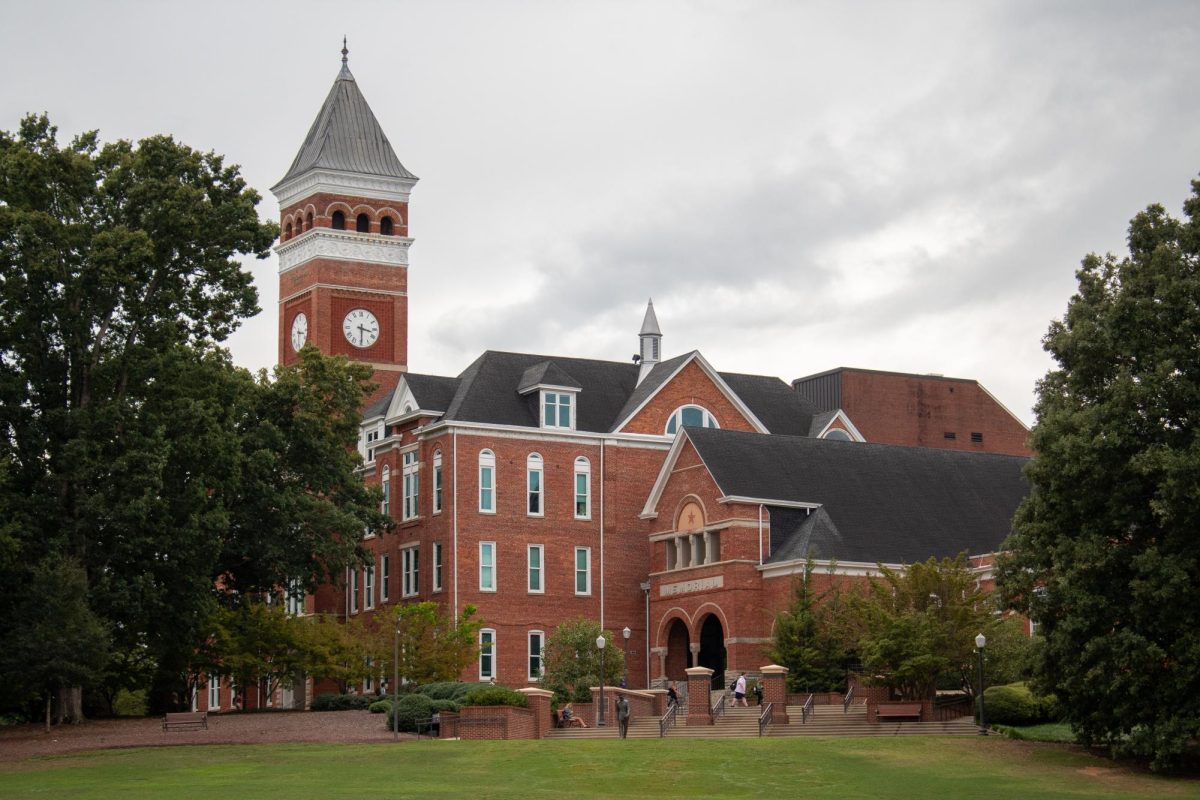About three years ago I went on a trip called “Tracing the Holocaust in Eastern Europe.” I knew it was important and meaningful then, but I have only recently realized just how important it was for me. I spoke with survivors, I walked through concentration and extermination camps, I stood in a gas chamber and I walked along what remains of the Berlin Wall.
I’m going to be very frank for a moment: if you can’t see the parallels between what happened in our grandparents’ lifetime and what is happening today, I have come to two conclusions. First, you either have not been properly educated on the Holocaust — which is an incredible disservice to those who were tortured and killed — or, second, that you are doing your best to completely ignore the similarities which are right in your face.
This is what happens when we are driven by fear. The Holocaust didn’t start with mass deportations and gas chambers; it started with hateful rhetoric, a lack of knowledge and fear.
Just over a month before I set to fly out to Paris, the deadliest attack since WWII was carried out in the city. I decided to not let fear dictate my decision, and it was honestly one of the best choices I’ve ever made. Even better, despite the attack, France still continued to bring in refugees.
Bear with me while I backtrack for a moment. It’s always been difficult to verbalize why it is I loved Warsaw so much, because when I said it out loud it sounded a little odd.
Some context: during World War II Warsaw was completely and utterly destroyed — so much so that it has been said that no city has been destroyed to the same extent in a war since the Romans sacked Carthage. Very few original buildings still stand, but the city has been completely rebuilt and it has been reconstructed beautifully.
You could walk through and never know that it had been completely devastated. To me, it is literally the phoenix which rose from the ashes of post-WWII Europe.
While I didn’t aesthetically enjoy Berlin as much as I did Warsaw, they have done some things that are worth mentioning. Through many areas of Berlin, along the street posts there are signs detailing the dates of various Nuremburg laws – i.e. Berlin very publically tells the story of the sins her country committed.
They commemorate their own dark history in a way that, to me, begs the world, “Please, please, please, don’t make the same mistake we did.”
How many quotes have we read from victims or outsiders who later learned of the extent of the atrocities?
“It happened; therefore, it can happen again. This is the core of what we have to say.”
“All it takes for evil to triumph is for good men to do nothing.”
“…Then they came for the Jews, and I did not speak out — because I was not a Jew. Then they came for me — and there was no one left to speak for me.”
How many times have we heard it asked: “Why did the world do nothing?” or “How can people say they didn’t know what was happening?”
Guess what: the world screwed up and a lot of people died because of it. Here we are, less than a century later, and the world has another chance. Some of those countries are stepping up. But where are we? What are we doing?
You guessed it: nothing.
We will never be able to say that we didn’t know how bad it was or that we didn’t know what was going on. We will have no excuse this time.
How many people will have to die this time?








